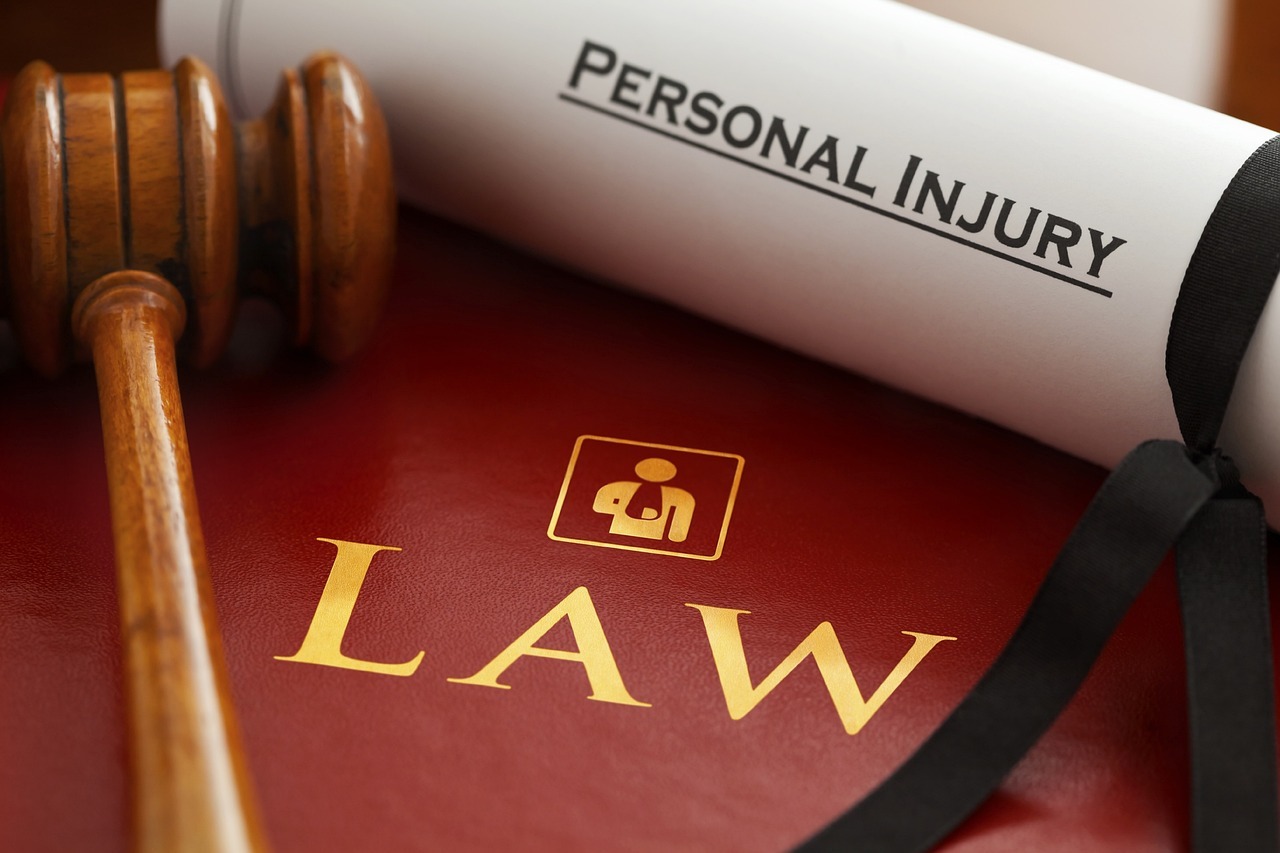Accidents and unexpected incidents can instantly disrupt our lives, leaving us physically injured and emotionally traumatized. When faced with the aftermath of such events, it’s crucial to be aware of your rights and the legal options available to seek compensation for personal injuries. The process can seem daunting and complex, but with the proper knowledge and guidance, you can navigate the legal system and ensure you receive the compensation you deserve.
This comprehensive guide will explore the essential steps and considerations in seeking compensation for personal injuries. Whether you’ve been injured in a car accident, a workplace incident, a slip and fall accident, or any other situation caused by someone else’s negligence, this guide aims to equip you with the necessary information to protect your rights and maximize your chances of receiving fair compensation.
Understanding Personal Injury Claims
A personal injury claim is typically initiated when the injured person (plaintiff) sues the negligent party (person or entity) that caused the injury. Often, these claims involve insurance companies who represent the defendant. Insurance companies collect premiums from their policyholders and invest them to earn profits. When an insured person files a claim, it is up to the insurance company to determine whether they will pay out or deny the claim.
In some cases, insurance companies may act in bad faith and refuse to provide coverage even when it’s justified. In such circumstances, it’s essential to seek legal guidance from experienced attorneys specializing in dealing with an insurance company acting in bad faith. Your bad faith insurance lawyer will know how to deal with manipulative insurers who will stop at nothing to avoid paying you what rightfully belongs.
The Statute of Limitations
One crucial aspect of filing a personal injury lawsuit is understanding your state’s statute of limitations. This term refers to the deadline by which an injured person must file a complaint after sustaining an injury. Otherwise, they lose their right as a plaintiff forever. Different states have different laws regarding this timeline. It’s best to consult with an attorney regarding the statute of limitation applicable in your state.
Gathering Evidence
Evidence is critical to proving the defendant’s negligence and liability for your injury. You must demonstrate how, why, and when their actions caused your damage. Ensure you get an accident and police report. This will be part of the first-responder observations and is crucial to establishing credibility for your claim. Medical documents are the other vital supporting evidence you need to acquire. Ensure you have an updated copy of both reports.
If you were able to document the scene after the crash. Retain photographs of whatever is around the incident area, including license plates or other objects exhibiting details. Finally, having witnesses present in court can aid considerably in personal injury cases, thus seeking contact information.
Types of Compensation
A settlement amount can be determined once all necessary documentation has been gathered. There are several different types of compensation available, including:
- Medical expenses
- Pain and suffering
- Lost wages/Income loss
- Future expenses like physical therapy or surgeries
- Damage costs like car repairs in case of automobile accidents
Negotiating vigorously with insurance companies’ adjusters is essential because they want a lower payout, but with good lawyers by your side, these problems can be easily tackled.
Hiring an Attorney
Even though it is possible to represent yourself in personal injury claims, it is advisable to hire experienced attorneys since they know how to navigate complicated legal processes. They also have a local experience, which will aid in building strong case documents and tax strategies based on demographics where triggered incidents happened. In addition, working with competent attorneys significantly increases your chance for reasonable recovery over losses suffered and adds peace of mind during this stressful time. They can assess the merits of a case, identify potential legal claims, and determine the appropriate legal strategies to maximize the chances of obtaining a favorable settlement. Attorneys provide guidance and advice throughout the settlement process, protecting their client’s rights and interests.
